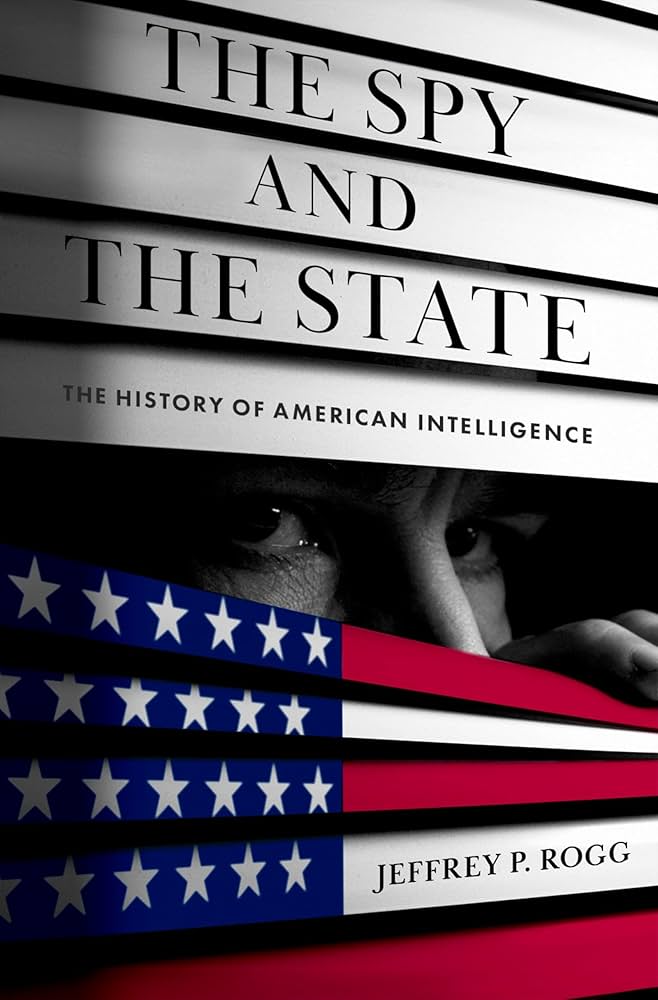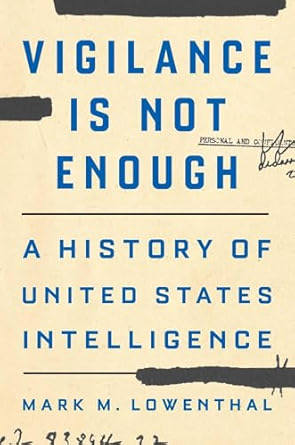In 1973, William Colby, then the director of central intelligence, had a statue of the Revolutionary War spy Nathan Hale placed on the grounds of the CIA’s headquarters in Virginia. Hale struck many as an odd choice of icon; after all, he had been captured and executed by the British. One of Colby’s successors, William Casey, grumbled that Hale “fouled up the only mission he was ever given.” Casey left Hale alone, but compensated by commissioning what he considered a more appropriate statue in the lobby—a likeness of William Donovan, nicknamed “Wild Bill,” the man often credited as the father of the CIA.
Casey wasn’t wrong about Hale’s incompetence. Hale hadn’t bothered to use an alias, and he divulged his assignment to a British officer. Whether or not he actually uttered his famous last words about having only one life to give for his country, it appears that he was an idealist, if not an outright innocent. “He was simply too forthright and trusting to be a good spy,” concludes Jeffrey P. Rogg in his forthcoming book, The Spy and the State, one of two new histories of American intelligence. This is an interesting assessment because of what Rogg declares just a few pages earlier: that the business of intelligence “is inherently ‘un-American,’” a practice ill-suited to a “country that values honesty, transparency, and forthrightness.” A tantalizing inference can be drawn: If Hale had been a worse American, he might have been a better spy.
The question of whether espionage is compatible with American ideals is an old one. At the founding, the prevailing answer was no. Spying was an appurtenance of monarchy, and therefore incompatible with republican government. In 1797, James Monroe, recently recalled from his position as the minister to France, accused Secretary of State Timothy Pickering of using spies in a bitter letter: “The practice is of great antiquity, and is now in use in the despotic Governments of Europe,” he conceded, “but I hoped never to see it transplanted to this side of the Atlantic.”
One founding American who did not share his age’s discomfort with espionage was George Washington. Rogg casts him as the nation’s first great spymaster, and he is joined in this assessment by Mark M. Lowenthal, the author of Vigilance Is Not Enough. The mission that cost Hale his life was Washington’s idea, and he authorized at least three kidnapping plots during the war. As the commander of the Continental Army, he was a sophisticated consumer of intelligence, cultivating a wide range of sources. Lowenthal, a former high-ranking CIA official, approvingly quotes the postwar protest of a British officer: “Washington did not really outfight the British, he simply outspied us!”

